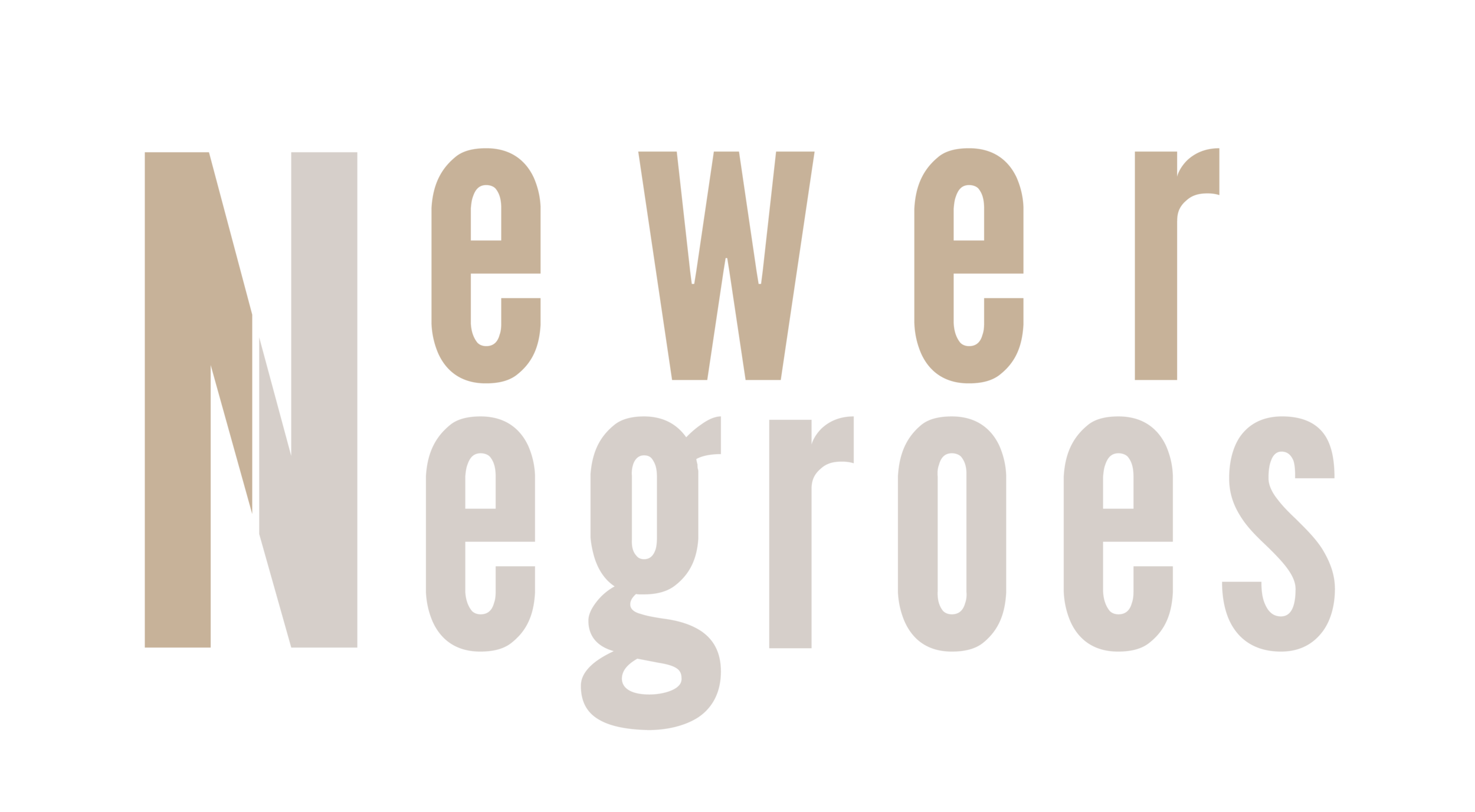This One Concept Can Help End Intimate Partner Violence

And it flashed across my screen again, this time at 8:45AM, a little later than usual. I’ve become accustomed to these alarms, not the blaring ones, but the ones that are sobbing their pain deep into the inner cortex of our brains, orchestrating the perfect narrative; to facilitate their belief that had they been there, this never would’ve happened. The alarm... the message, it read to me like a piece of prose—a story so deeply ingrained that I could recite it verbatim:
“…I wake up to news that [Devon] was shot and killed by his boyfriend this weekend. And I just spoke to him on thanksgiving!”
I release a little, knowing morphine resistant pain is taking refuge in my heart...
I breathe deeply, and then I ask myself-what’s left to say? We’ve talked about the stats and prevalence, we’ve talked about the need for greater prevention efforts and resources, we’ve strengthened legislation over the years, but what’s left? 28- year-old Devon Wade was shot and killed by his intimate partner. We add his 28-year-old name to the number of lesbian, gay, bisexual, and transgender folks who have been victims of intimate partner violence. We add his 28-year-old name to the counted others we continue to hold in our thoughts and prayers, as we perpetually ask ourselves how could this happen? Instead of the more transformative: when do we make this stop? How do we make this stop? Eradicating intimate partner violence is one of the more easily resolvable health disparities that exist within our culture. It requires a very rudimentary understanding of one simple concept: we do not own our partners! We may be emotionally committed, intimately invested, insatiably and spiritually connected, but not owners of their physical being.
In our feeble existence as humans, we somehow garnered the idea that perpetuating social ills was more advantageous to our power structures, than rejecting the mere notion that recycling generations of misogyny, patriarchy, and sexism may actually get someone killed… or we may actually kill someone. It is time for a culture shift. A shift that goes beyond theoretical quotes and catchy social justice jargon. It’s time that we intentionally invest our power and collective humanness into not only asking for self-accountability, but demanding that the spaces we enter, the energies we absorb, and the company we entertain are rooted in the commitment to address and eradicate this issue; specifically within the LGBTQ+ community.
If we cannot agree to actively engage in the necessary work of purging the narratives within our culture that support the lingering thirst of our ego’s desire to maintain control over someone through forms of emotional and physical abuse, then can we at least agree that our individual healing is necessary to maintain our collective survival as intimate partners, friends, as humans? I understand, first hand, that for many of us our traumas are a tennis bracelet with a rusted clasp that continually remind us of the despairing moments within our lives. But we must resist temptation to non-consensually project those traumas onto others, while simultaneously acknowledging to ourselves that they exist. We cannot expect to heal if we choose to continue to remain silent when our voices are most needed to counter the toxicity that cultivates the abuse.
We may not at this moment have clarity as to why Mario Jerrell Williams murdered his partner. We may never know why.
His reasoning may be filled with the trauma trope stories we have become accustomed to, but it deserves to be heard. And his name deserves to be said. Not because he is worthy of recognition, but because one, or many of us, must honestly grapple with the idea that we recognized the behaviors that perpetually contribute to such a preventable form of violence. Or, battle with what many of us choose to ignore—that we too may be Mario Jerrell Williams.
-NN-
Sean Smith is a community based advocate and secondary victim of Intimate Partner Violence (IPV). Sean cultivated a specific focus on the effects of IPV within minority and marginalized communities, and currently serves as the Training Institute Manager at House of Ruth Maryland located in Baltimore. Prior to joining House of Ruth Maryland, Sean spent three years working in the Criminal Justice System for the City of Richmond and the County of Henrico in Virginia, as a Victim-Witness Specialist. He previously served on the Board of Directors for the Virginia Anti-Violence Project- an organization whose mission is to prevent and respond to instances of hate-biased, state-sanctioned, and intimate partner and sexual violence committed against Virginia’s LGBTQ+ communities.
He is a graduate of Randolph-Macon College, where he earned a Bachelor of Arts in Women’s and Gender Studies and minors in Black Studies and Sociology.
As a community based advocate, secondary victim of Intimate Partner Violence (IPV), and undergraduate student, Sean Smith cultivated a specific focus on the effects of IPV within minority and marginalized communities. Currently Sean is employed as a Victim/Witness Specialist in the Office of the Commonwealth’s Attorney in Richmond, VA. He also serves on the Board of Directors for the Virginia Anti-Violence Project- an organization whose mission is to prevent and respond to instances of hate-biased, state-sanctioned, and intimate partner and sexual violence committed against Virginia’s LGBTQ+ communities.
Sean Smith is a graduate of Randolph-Macon College, where he earned a Bachelor of Arts in Women’s and Gender Studies and minors in Black Studies and Sociology. He is currently pursuing a Master of Public Administration with a concentration in Public and Non-Profit Management at The University of Baltimore.





